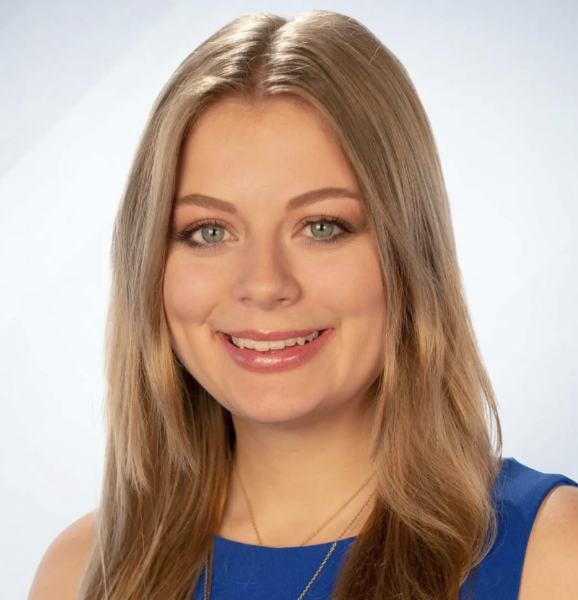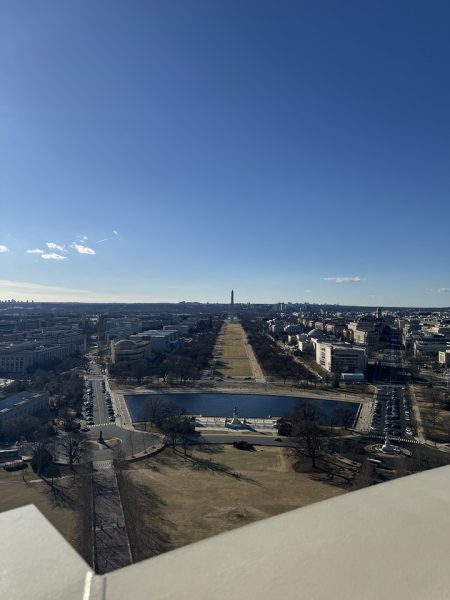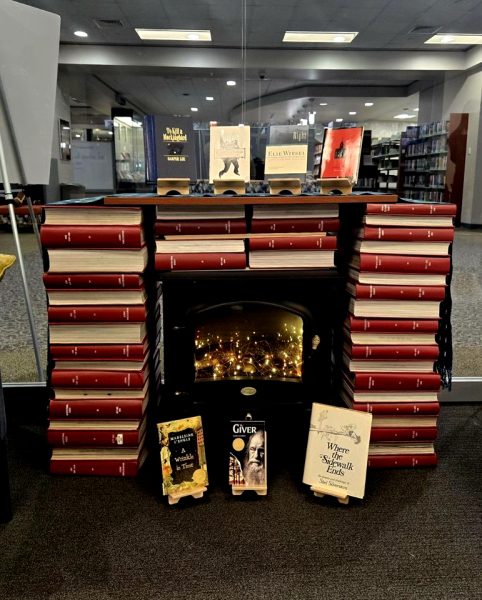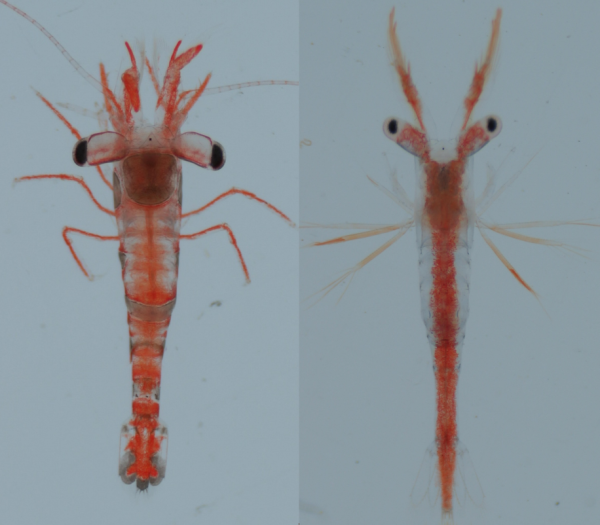As part of their Stay Woke Week, the Multicultural Student Union (MSU) held a panel of four speakers to discuss the history of the land RWU sits upon on.
In light of November being Native American Heritage Month, the panel discussed the problems natives have faced and what it means for the present and future. RWU’s Bristol campus is located on the land of the Pokanoket tribe, which many students do not realize. The main goal of the panel was to help listeners understand the land’s past and what students and faculty can do in the present to preserve the history and keep the land’s roots alive in everyday life.
The speakers consisted of Associate Professor of Anthropology Dr. Jeremy Campbell, Assistant Professor of Writing Studies, Rhetoric and Composition Dr. Brian Hendrickson, Professor of Management Dr. Susan Bosco and activist Raymond Two Hawks Watson. There were other tribesmen in attendance, including the Sagamore of the Pokanoket tribe.
Watson, a native whose family history on this land goes back several generations, was the first speaker. He led the audience in prayer to start and then discussed the brutal history of the native people during Po Metacom’s (King Philip) time as chief. During this time, the King Philip’s War was occurring and soon became the bloodiest war in United States history.
This war ended with a treaty signed a few miles down the road from RWU’s Bristol campus, at the Seat of Massasoit.
Watson explained how this process affected the native people.
“[It was] like having a house, your parents paid for it and then you go away for a little bit and you come back to people in your house that your parents didn’t give permission. It is still your house but now other people have moved in and added their own things.”
Since colonizers stepped foot on American soil, there has been an injustice in place for the people who already lived here. The Europeans began to reclassify natives, sending them away and bringing in Africans, so the natives could not have a claim to the land. Then, in order to remove them from all parts of the land, they would decide that if a native had dark skin, he was instantly African. If he had one drop of African blood, his native identity was stripped away.
Watson claimed “the biggest miscarriage of justice” is having to spend an extended period of time explaining why he doesn’t look “Indian.”
The injustices Native Americans face on their own land are still present. Americans think of these acts as if they were a hundred years ago, but Watson pointed out that this is not necessarily the case.
“This is not ancient history,” Watson said. “This is going on as you sit here listening to us speak.”
Campbell addressed the idea of a land acknowledgment, which is a statement endorsed by an institution that draws attention to indigenous inhabitants of the land. There has been a surge of institutions adopting this principle. In some cases, like a kindergarten in Canada, this statement is read aloud every day by students.
A land acknowledgment is the beginning of decolonizing land and dismantling the settler colonialism state of mind. It is the beginning of the process for society to become more aware of whose land people live on.
As of the present, RWU has no formal land acknowledgment that exists. There is one small sentence in convocation and commencement that acknowledges the land the campus sits on. Even these are uninformed and were created without consultation of the Sagamore or any member of the Pokanoket tribe.
Hendrickson focused on the work that needs to be done to get to an official land acknowledgment and not just display it, but also mean it.
“We need spaces where truth is power,” Hendrickson said.
Hendrickson also said it is necessary to ask questions on how society can transform and move away from the colonization mindset.
Bosco rounded out the panel and talked to the students directly. She is a firm believer that no student should leave this campus after graduation not knowing about the history of the land. A common belief among the panel and even with the Sagamore is that change is going to happen in the form of student involvement.
“You are very powerful here,” Bosco said. “You are the reason we are here.”
The Sagamore suggested starting an Indigenous Peoples Club on campus. This could give students the opportunity to continue the conversation MSU was able to start with “I Stand on Native Ground.”
“MSU’s mission is to spread diversity and social justice,” said MSU Vice President Isabella Sandoval. “We want to raise awareness of social justice around us so when we see an issue, we do something.”





